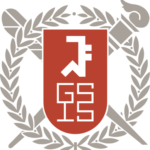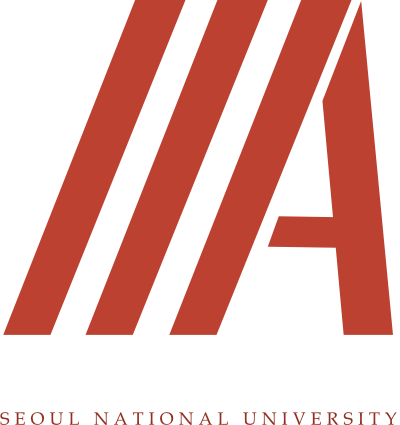KOICA-SNU Master’s Program on Gender and Development
KOICA-SNU Master’s Program on Gender and Development
The program will contribute to the establishment of gender-transformative systems and policies in developing countries by training students with the theoretical basis and practical skills that take into consideration the unique qualities of gender equality goals and scope of the field. During national development processes, governments can develop expertise and leadership that allows for the establishment, implementation, and evaluation of its gender equality policies across all public sectors and related ministries. The program will also expand Korea’s growing international influence by fostering leaders of partner countries.
Relevant links
During the period of 2017 – 2023
Funded by Korea International Cooperation Agency(KOICA)




